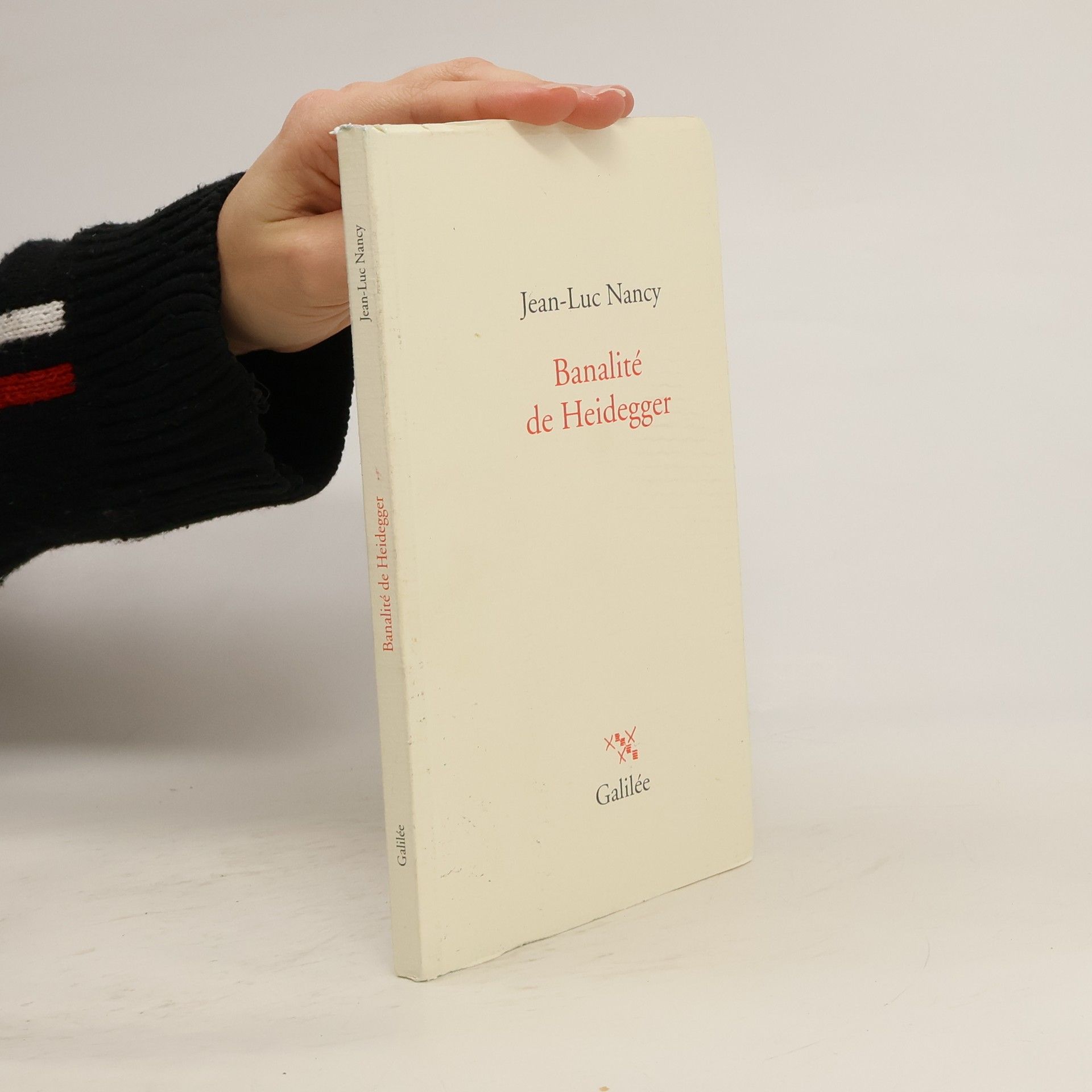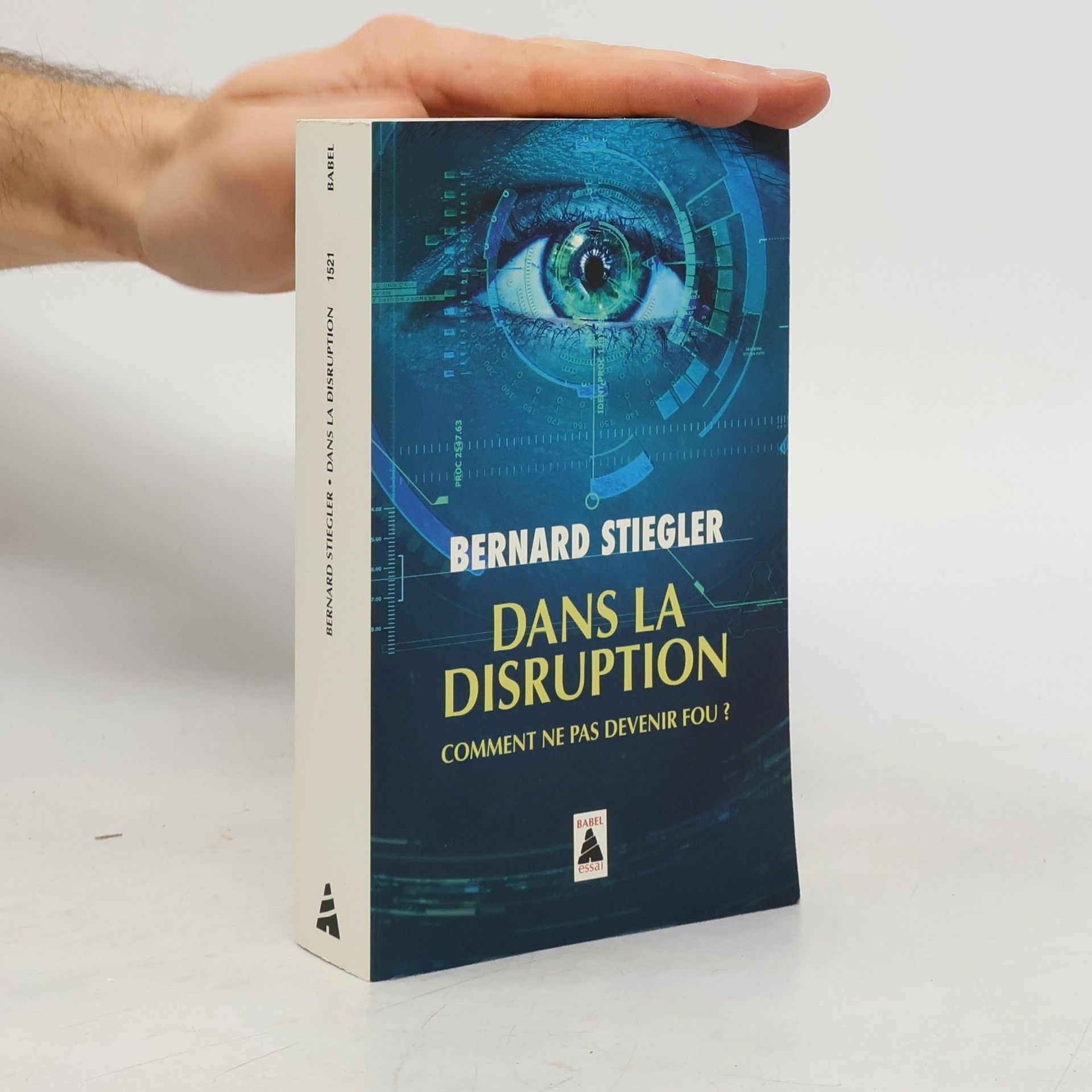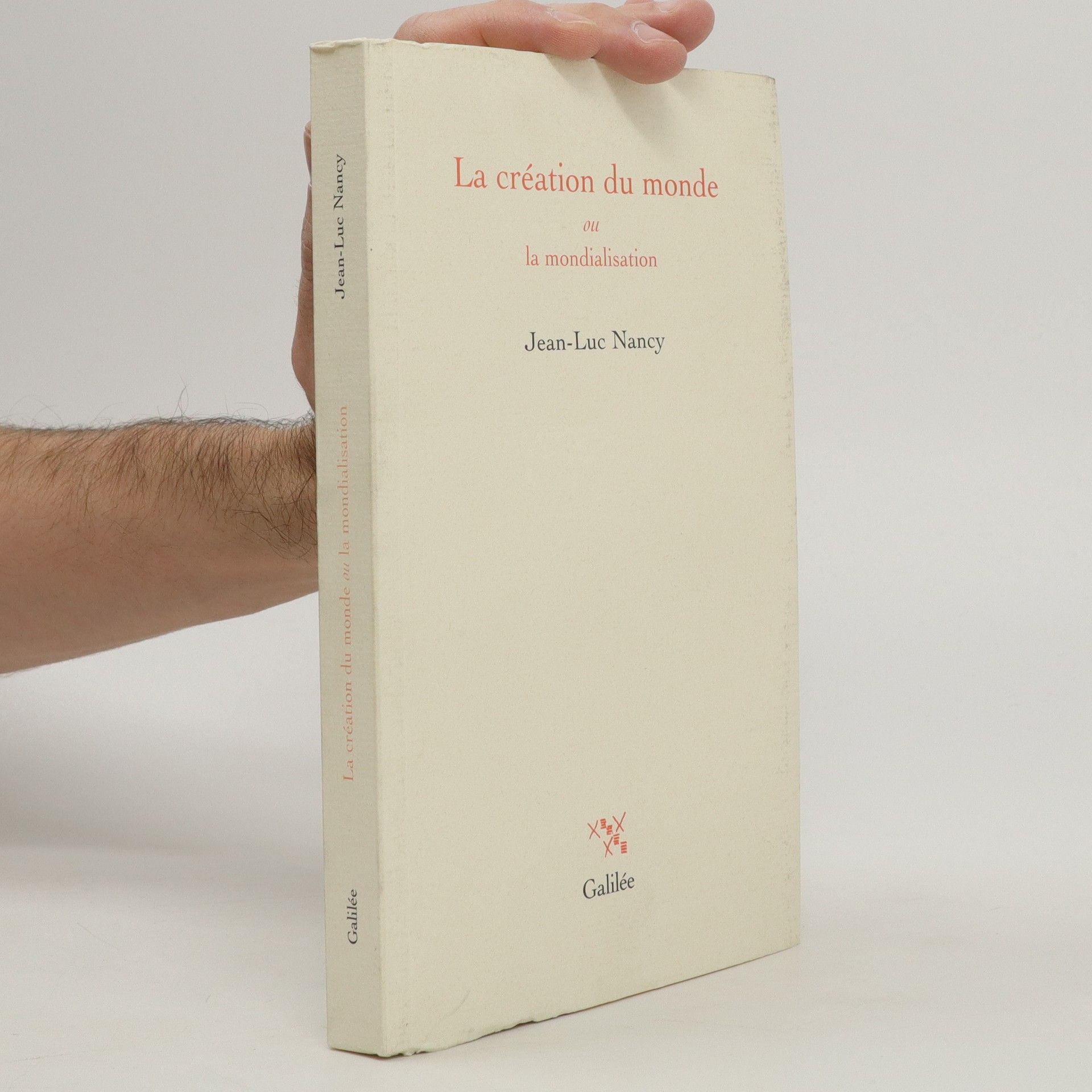« On ne cesse de répéter que notre époque manque de sens, et qu’elle est en quête de sens. Ce livre essaie de dire que ce diagnostic n’est peut-être pas le bon. Nous avons perdu, en effet, le “sens” que les religions et les philosophies proposaient comme une “vision du monde”, avec ses valeurs et ses buts. Cette époque est révolue. Cela veut dire qu’il nous reste à découvrir comment le monde lui-même, en tant que l’espace de nos existences, et selon la dimension mondiale qui devient la sienne, est le sens. Mais on ne peut le reconnaître comme tel qu’à la condition de reconnaître aussi qu’il n’y a pas à s’approprier ce sens comme une signification. Le sens de l’existence, c’est précisément qu’elle ne puisse pas maîtriser son sens. Ce qui, après tout, a peut-être toujours été le savoir fondamental de toute philosophie.» J.-L. N.
Jean Luc Nancy Livres
Jean-Luc Nancy était Professeur Émérite de Philosophie dont l'œuvre explore les questions fondamentales de l'existence, du sens et de la condition humaine. Ses écrits examinent la nature de l'être et sa relation au monde, se concentrant sur des thèmes tels que la liberté, la présence et la pluralité. L'approche de Nancy se caractérise par sa profondeur et son examen nuancé de concepts philosophiques complexes. Ses contributions invitent les lecteurs à contempler les aspects essentiels de l'expérience humaine et le sens de la vie.






La création du monde ou la mondialisation
- 178pages
- 7 heures de lecture
< > : la conjonction doit être comprise simultanément et alternativement dans ses valeurs disjonctive, substitutive ou conjonctive
Banalité de Heidegger
- 96pages
- 4 heures de lecture
Banal, oui, lantismitisme ltait dans les annes 1930. Aussi ordinaire que la dtestation de la vermine. Eide dun complot mondial des juifs navait pas besoin dtre argumente : elle allait de soi. Cette banalit pour reprendre le mot de Hannah Arendt - soutenait une haine, une condamnation, bientt une extermination. Heidegger a repris les formules les plus violentes de cette doxa en les intgrant un systme de pense : les juifs accomplissaient leffondrement de lOccident. Ctait vident. On savait quil tait, comme tant dautres, antismite. On navait pas lu les notes de ces Cahiers noirs qui entranent dans linfamie tout un pan de sa pense. Non pas la pense de ltre, mais celle dune histoire-destin et du dsir farouche dun nouveau commencement. Inaugurer, fonder, tre dans linitial, vieux prurit mtaphysique... Il faut reprendre la lecture. Il faut affronter ce que recouvre cette banalit hideuse. Non seulement chez Heidegger mais partout.
The Pleasure in Drawing
- 128pages
- 5 heures de lecture
Originally written for an exhibition Nancy curated at the Museum of Fine Arts in Lyon in 2007, the text addresses the medium of drawing in light of form in its formation, of form as a formative force, opening drawing to questions of pleasure and desire.
"A leading philosopher reflects on how our experience of the world in changing in these crisis-ridden times"-- Provided by publisher
In the past, pandemics were considered divine punishment, but we now understand the biological characteristics of viruses and we know they are spread by social interaction and the movement of people. What used to be divine has become human – all too human, as Nietzsche would say. But while the virus dispels the divine, we are discovering that living beings are much more complex and harder to define than we had previously thought, and also discovering that the nature and exercise of political power are more complex than we may have thought. And this, argues Nancy, helps us to see why the term ‘biopolitics’ fails to grasp the conditions in which we now find ourselves. Life and politics challenge us together. Our scientific knowledge tells us that we are dependent only on our own technical power, but can we rely on technologies when knowledge itself includes uncertainties? If this is the case for technical power, it is much more so for political power, even as it presents itself as guided by objective data and responding to legitimate expectations. The virus is a magnifying glass that reveals the contradictions, limitations and frailties of the human condition, calling into question as never before our stubborn belief in progress and our hubristic sense of our own indestructibility as a species.
Coming
- 155pages
- 6 heures de lecture
Coming by Jean-Luc Nancy is a lyrical examination of the French notion of jouissance. How did jouissance evolve from referring to the pleasure of ownership to the pleasure of orgasm? The philosophers Adèle van Reeth and Jean-Luc Nancy engage in a lively dialogue touching on authors as varied as Spinoza, the Marquis de Sade, and Henry Miller, and on subjects ranging from consumerism to mysticism.
Excluding the Jew Within Us
- 60pages
- 3 heures de lecture
A leading philosopher argues that anti-Semitism is rooted in the structures of Western thought--
Jean-Luc Nancy and Irving Goh discuss how a deconstructive approach to sex helps us negotiate discourses about sex and reconsider our relations to ourselves and others through sex.
